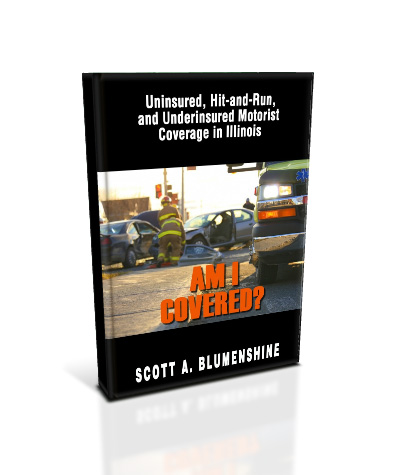Most injuries suffered in a car accident are immediately apparent. For example, a broken bone or a severe neck or spine injury causes substantial pain and limitation of movement. An open bleeding wound or a substantial joint derangement are other types of injuries that are immediately known to the victim.
Neurological injuries may also be sustained in an accident. These types of injuries sometimes do not develop for days, weeks, or months after the initial trauma. Neurological issues can affect any part of a person’s body. Nerves assist the entire body in functioning properly. Neurological injuries can also be extremely painful and disabling and can change a person’s life forever. Recovering damages for such injuries can present challenges.
Types of Neurological Injuries
The nervous system has two primary systems. One is the central nervous system, which involves the brain and spinal cord. The other is the peripheral nervous system, which links the brain and spinal cord to other body parts.
Neurological disorders include diseases of the central and peripheral nervous system, such as,
- traumatic brain injury
- spinal cord damage, including herniated or bulging discs
- cranial nerve damage
- peripheral nerve disruption
- nerve root impingement
- autonomic nervous system disruption
- neuromuscular junction
Neuropathy is a condition characterized by nerve damage in the peripheral nervous system. It can affect a person’s ability to walk, hold objects, and maintain balance. When neuropathy is caused by a car accident, pressure is often placed on nearby nerves, or nerve fibers can become compressed and cause pain and numbness.
Radiculopathy is a condition that compresses or damages the nerves as they leave the spinal column. This causes pain, numbness, or weakness in the arms or legs. Pain may also radiate throughout the lower back and into a person’s limbs.
Both of these conditions are commonly seen after car accidents. They can also present several different symptoms.
Symptoms of Neurological Issues
Several symptoms indicating a person’s nerves have been damaged may present themselves after a car accident. These include:
- Atrophy of muscle tissue
- Bladder problems
- Dry eyes or mouth
- Excessive sweating, or an inability to sweat
- Numbness or tingling in the extremities (hands or feet)
- Lightheadedness or dizziness
- Excessive pain
- Paralysis
- General weakness
- Involuntary twitching
While some individuals recover from their neurological issues, some never do. Some vehicle crash victims are left to deal with the consequences of their accidents for many years to come.
Legal Proof and Persuasion Issues Related to Neurological Conditions
When a person is injured in a car accident that was someone else’s fault, they can make a claim and, if necessary, file a lawsuit for negligence just as they can with any other injury. However, proving neurological damage and claiming compensation for these injuries may be challenging. Insurance companies and their defense attorneys fight these claims hard.
One of the issues in these types of personal injury claims is that neurological damage can be difficult to place a value on. This is particularly true in the damage elements of pain and suffering and disability, which is also referred to as loss of normal life. Neurological problems can be extremely painful, but this can be difficult to prove to a jury. Typically, the amount awarded will depend on the plaintiff’s testimony, testimony of medical experts, and other evidence presented at trial.
Neurological issues may also often be difficult to diagnose. The symptoms of neurological issues are similar to several other injuries. Doctors will typically have to run several tests before determining that a neurological problem is present. This can cause problems with the two-year statute of limitations on Illinois personal injury claims.
Contact a Lawyer in Illinois for the Help You Need
At the Blumenshine Law Group, our car accident attorneys understand how difficult neurological issues can be to live with. We also know how difficult it can be to prove them in court and how to overcome those obstacles and argue them successfully.
If you have been injured and are now suffering from neurological issues, contact us at (312) 766-1000 or email us at [email protected]. We offer free initial consultations, so call today, and we will start reviewing your case.


